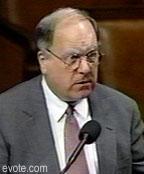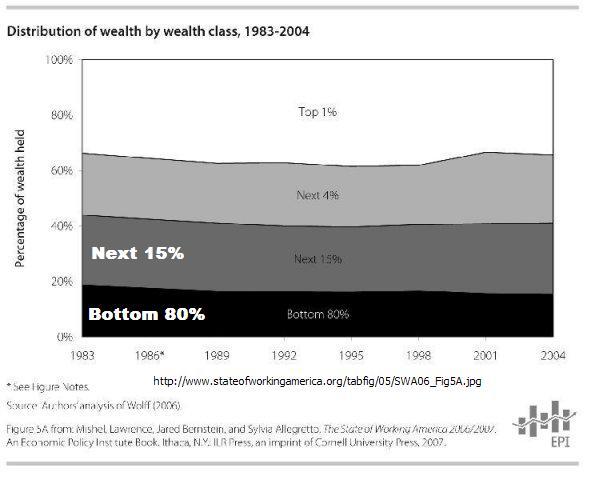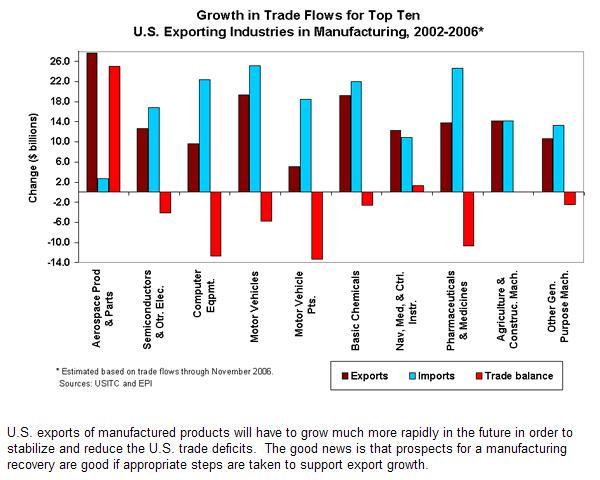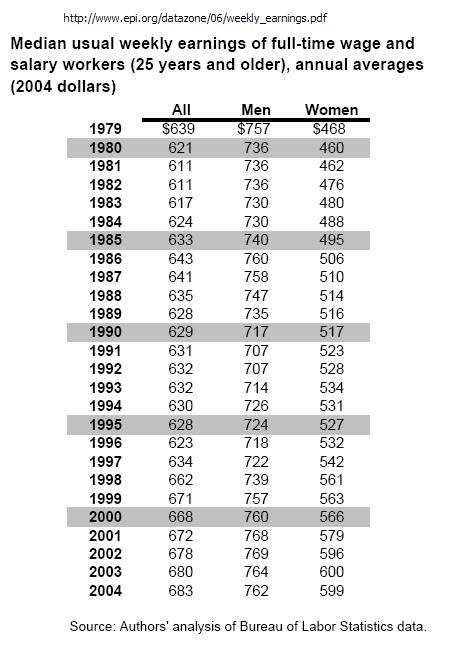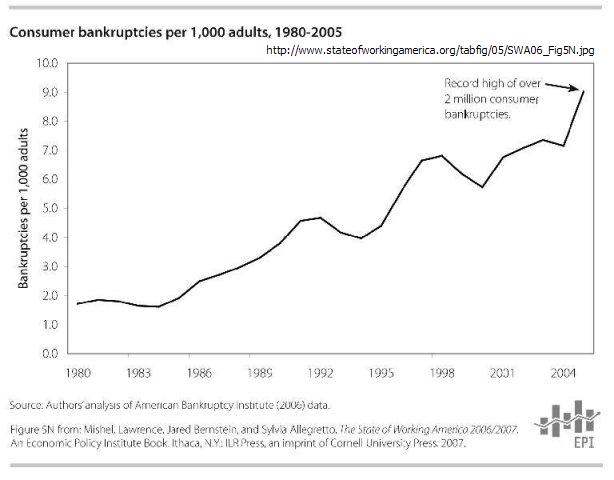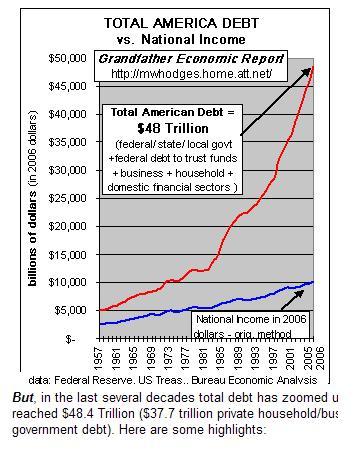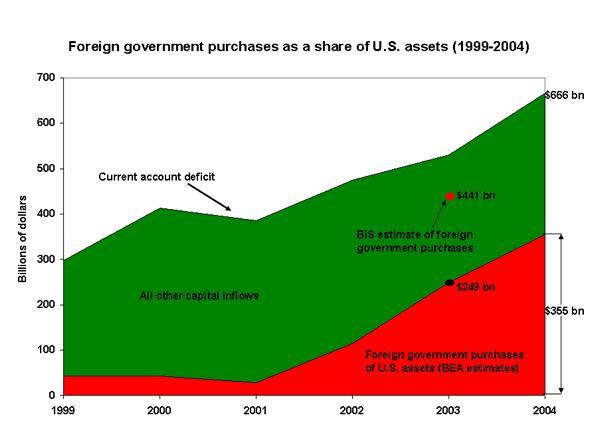
Earlier this week, Georgetown University hosted a most amazing conference titled on U.S. Capital Markets Competitiveness. As university President John DeGiola said, it was a most extraordinary group of leaders brought together to discuss ways to keep the U.S. competitive in the global economy.
What precipitated the conference was a speech Treasury Secretary Henry Paulson gave to the Economic Club of New York several months ago in which he outlined six ways to ensure competitiveness in the years to come. The goal is to improve strength, efficiency and transparency of our capital markets. DeGiola introduced Paulson, with a summation of Paulson's previous speech:
Take a broader view considering the ability of American firms to compete globally to:
-
ensure a regulatory structure that is swift to respond to changes in the marketplace;
-
ground the rules governing the markets in sound principles;
-
take risk-based approach assessing the cost and benefits of regulation;
-
ensure that enforcement deters wrongdoing and encourages responsible risk-taking and innovation and;
-
business leaders to exert moral leadership.
Conference Participants
Treasury Secretary Henry
Paulson
SEC Chairman, Christopher Cox
Panel 1
Warren Buffett,
Berkshire-Hathaway
Charles Schwab, Schwab Financial Svcs.
Jeffrey Immelt, GE
James Dimon, JP Morgan Chase
John Thain, NYSE Group
Ann Yerger, Council of Intl Investors
Panel 2
Michael Bloomberg, Mayor NYC
Alan Greenspan, Former Fed
Chairman
Arthur Levitt, Former SEC Chairman
Robert Rubin, Former Sec. Treasury
Paul Volcker, Former Fed Chairman
Focus of the conference:
Regulatory Structure
Accounting Industry
Legal & Corporate Governance Environment
PAULSON: "Our regulatory system has served us very well over the course of our history. It is part of the foundation for our prosperity and growth... BUT... "consider whether it would be practically possible and beneficial to move toward a more principles-based regulatory system as we see working in other parts of the world.... In my judgment, we must rise above the rules-based mindset that asks: "is this legal", and adopt a more principles based approach that asks: "is this right".
Later on in the panel discussion, John Thain mentioned the acronym IFRS with no explanation. The meaning of this term is: "International Financial Reporting Standards".
AH HA!
The real purpose of this conference? HARMONIZATION!
What Treasury Secretary Paulson is proposing is to turn over regulation of our financial markets to an international body over which the U.S. has no control.
Ernst & Young - Analysis of the IFRS
Deloitte
PriceWaterhouse
Chris Cox: "Congress, in repeated enactments has directed the SEC, most recently in the Sarbanes-Oxley Act to aggressively move to study and talk about the implementation of and schedule the implementation of a move to principles-based rather than a rules-based accounting and the SEC has in fact, done that... (paraphrase) Enron taught us rules don't work... rather or not we can INTEGRATE with a world that surely is slightly more principles-based than is the U.S. system. And so, given that we are focused here on competitiveness of the U.S. system; given that John (Thain) has mentioned IFRS as something the U.S. should be open to..."
Clearly, this was a facilitated meeting and the decision has already been made to hand off regulation of U.S. capital markets to some international body over which the U.S. has no control.
Towards the end - as a way to wrap up the session, Henry Paulson stuttered his way through the question "What are we missing? What are the... Is there something major we've missed... something outside when we talk about U.S. competitiveness more broadly? What else should we be focusing on?" Warren Buffet's answer is the reason why, Henry Paulson was stuttering and why, in facilitated meetings, open questions are avoided assiduously:
WARREN BUFFET: I think you have to start out with the fact that corporate profits as a percentage of GDP at well over 8% are just about the highest in the history of the United States and return on tangible equity of major American corporations are also at about the highest in history. So if something is wrong with the system, it hasn't seeped through to the actual operating results of business. Business results have been almost incredible in recent years. You can look at the charts for decades and decades, corporate profits were between 4 and 6% of GDP and it's broken out in a huge way. And of course, you have the stock market selling at a huge percentage of tangible equity. So a dollar invested in American business is producing three dollars or so - or more in market value. That cannot be regarded as a broken capitalistic system".
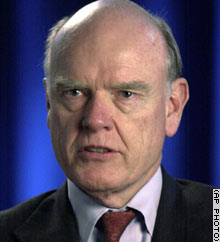
September 2004 - Press Club Speech
"Beginning.. starting in March 2000 with the beginning of the bursting of the bubble.. that took 7 TRILLION dollars that bursting of the bubble…7 TRILLION dollars out of the economy of the United States. 7 TRILLION! 7 TRILLION is an awful lot of wealth. It’s the size of the economy to put it in perspective, of Spain and Italy and France and the UK."
* * * * *
Towards the end of the first panel discussion, John Thain of the NYSE stated the reason for the concern about U.S. capital markets in the clearest possible terms. It seems that in 2005, of the top 25 IPO’s only 1 of those was in the United States. In 2006, of the top 25, only 2 were in the United States. In the year 2000 and prior, 9 out of 10 were in the United States.
* * * * *
Chris Cox: "CALPERS announced they were going to be investing in China"
* * * * *
Thain: "companies don't have to come here anymore"
Congressman John Spratt (D-SC) said, as of the end of fiscal year 2003 revenues were at their lowest point since 1950. The revenues were only 16.2% of GDP
Congressman
John Linder,
"there is six
trillion dollars offshore".
Top investor sees U.S. property crash
You can't believe how bad it's going to get before it gets any better," the prominent U.S. fund manager told Reuters by telephone from New York.
http://www.financialsense.com/editorials/hodges/2007/0315.html
http://www.epi.org/content.cfm/webfeatures_snapshots_12162004
Globalization constitutes subversive and un-American activities. It is a traitorous sell-out of America. The movement to international systems of "governance" are subversive to the U.S. Constitution and the United States. It's a sad time in history when the so-called leaders of this nation are the enemies within.
